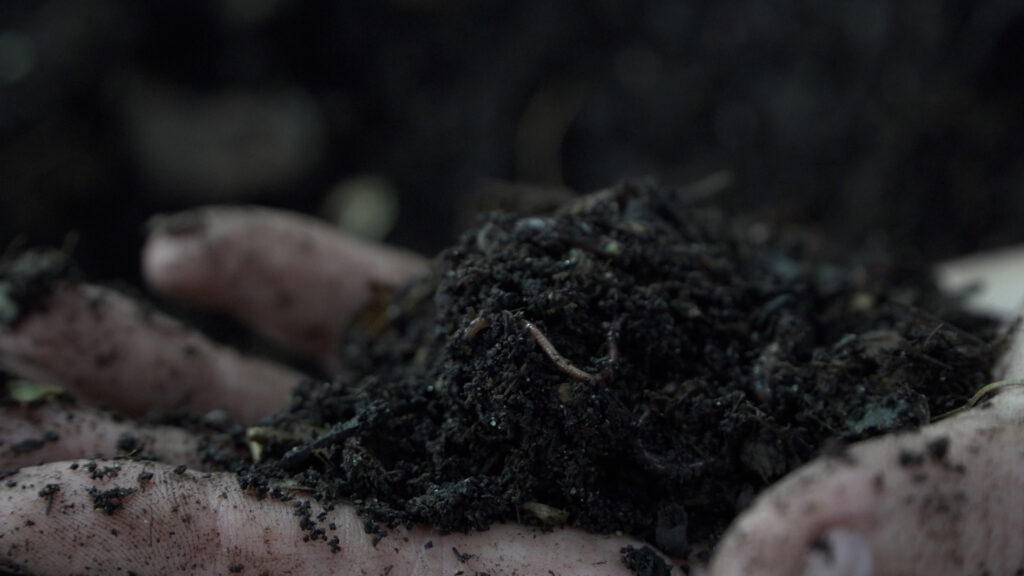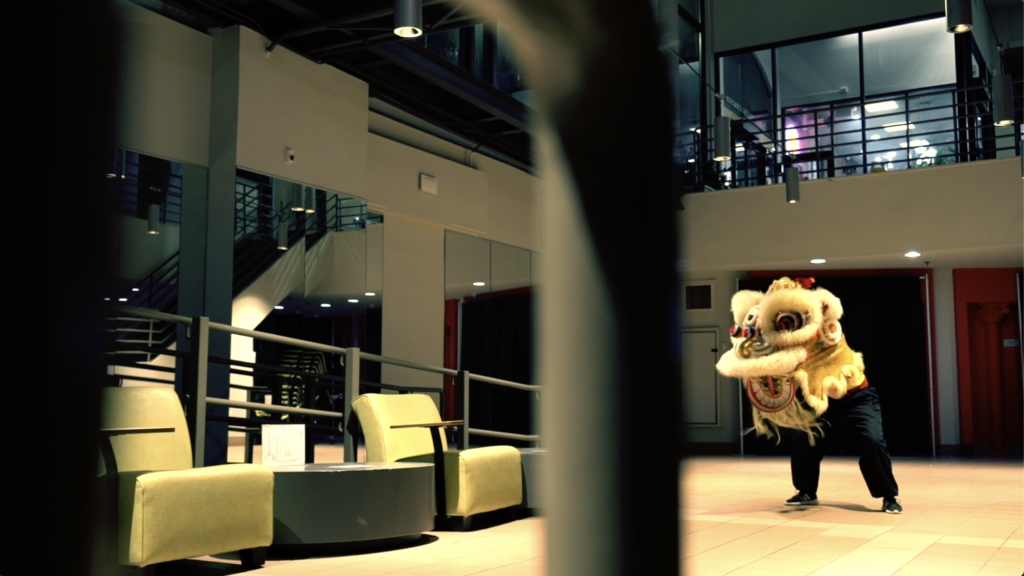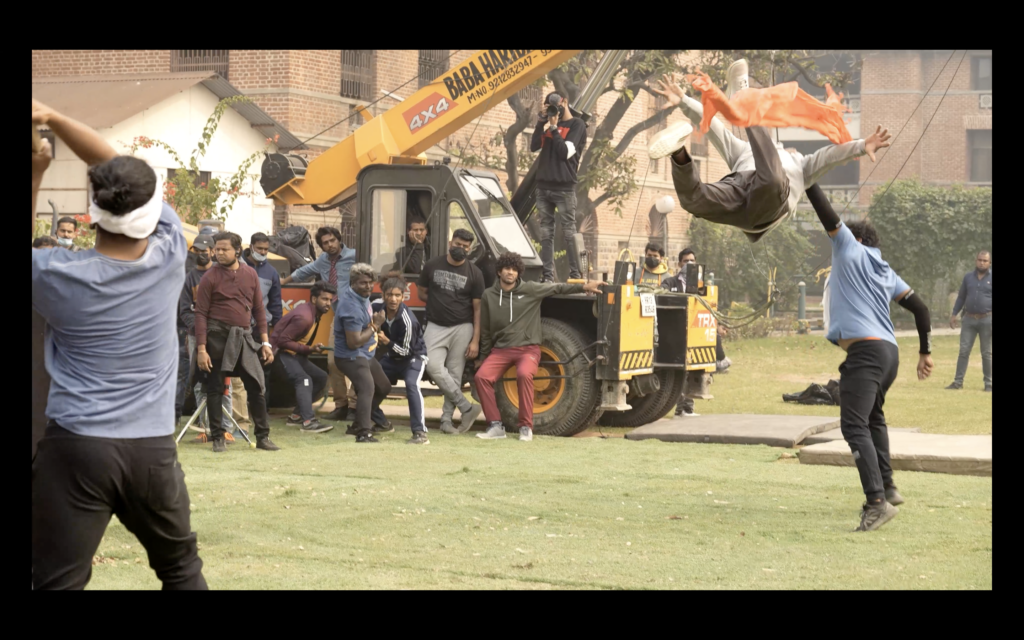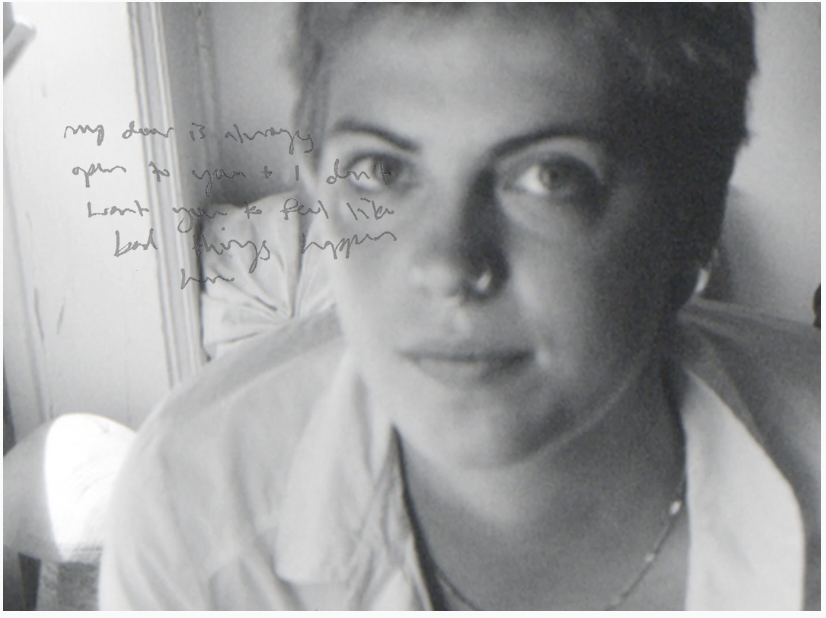Filmmaker Talks Documentary Ethics at It’s All True Showcase
What do documentary filmmakers owe the people who are featured in their films, and how can filmmakers be made more accountable for the choices they make throughout the process?
Filmmaker Jennifer Tiexiera’s film Subject examines how participating in a documentary affects subjects through interviews with several individuals who were featured in successful documentaries, including The Wolfpack, Hoop Dreams and The Staircase.
She recently screened and discussed the film with Emerson students as part of Emerson’s “It’s All True” showcase for outstanding student documentaries on the night of April 4, followed by student film screenings on April 5 (see below).
Earlier in the day on April 4, Tiexiera spoke to grad students in Visual & Media Arts Professor Marc Fields’ grad doc workshop, where she and Fields discussed ethics in documentary filmmaking.
“Documentary is basic storytelling under oath. The oath is a kind of moral action, and [there is] the question of who are you taking an oath for?” said Fields. “I think that’s very much the center of what Jen’s film is about and this idea of the question about representation and intentionality that is now part of the documentarian function. There are no mutual and innocent choices to where you put your frame, how you structure your crew. These are all part of the intentionality that Jen’s film looks at.”
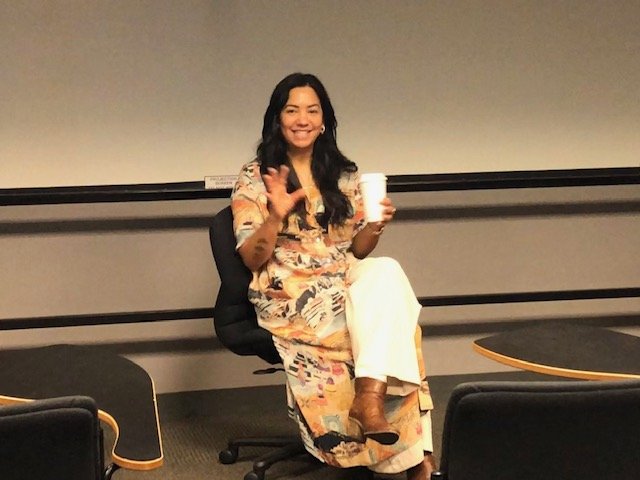
Tiexiera said there is no code of ethics or editors, like there is in journalism, to check documentary editors’ work.
“There’s nothing like this in the industry. It’s the wild west, and no one is holding you accountable,” said Tiexiera. “You can do whatever you want if you have the money…but what if we told the story solely from the participants’ point of view to shed light on something they wish they had known [before participating in a documentary]?”
Tiexiera said she wanted to make Subject because of the relationships she’s developed with people who have participated in films she’s edited throughout her 15-year career. She’s been in their communities and become close friends with some them, to the point of answering 4:00 am calls to help as a friend, not a filmmaker. Those experiences made her want to direct and write her own documentaries.
“As an editor, I love these people. The family from 17 Blocks I still talk to once a month,” Tiexiera said, referencing the 2017 award-winning documentary she co-wrote and edited. “I think [from a film point of view] where’s it’s a positive to have relationships with the subjects is that they’re spokespeople in getting the story out there.”
An Apprehensive Subject
The documentary miniseries The Staircase was released in 2004, and documents the trial of Michael Peterson, who was convicted of murdering his wife, Kathleen. The Petersons’ daughter, Margie Ratliff, was featured in The Staircase.
Tiexiera and Subject co-writer/co-director Camilla Hall approached Ratliff and pitched her the concept of the film.
“Margie said she never wanted to be in another documentary, but she wanted to be part of this documentary. If she had said it was a stupid idea, we would have never made it,” said Tiexiera.
Last year, a dramatization of The Staircase starring Colin Firth and Toni Collette was released on Netflix, and millions more people were introduced to the story. Ratliff was re-traumatized, and Subject captures that pain with Ratliff’s permission.
“There’s no way to not re-traumatize. There are only ways to minimize it. You go in there with that transparency,” said Tiexiera.
On Subject, the filmmakers worked with a trained psychologist to make sure every participant was OK, and not just the subjects – the filmmakers, too.
“We had mental health care through each stage of the film. It’s like an oxygen mask in a plane. You put your mask on first,” said Tiexiera.
Tiexiera said she used the Documentary Accountability Working Group (DAW) framework as a North Star for making the film. She was asked about what to do when a participant doesn’t want something that was recorded to be included in a film.
“You just nailed one of the most common problems, especially dealing with someone with trauma. For me, I would take it out,” said Tiexiera. “Margie said she wanted to be on the documentary. We didn’t think it could re-traumatize her, and it did. She took three months off from the film.”
Tiexiera said DAW helped prepare documentary participants. They discuss whether anything is off limits, and safe words are decided on to provide power to participants. And she said there’s no worry about watering down the film by omitting dramatic scenes.
“You never have a shortage of emotion. It does help with participants wanting to pull out from a movie. I would show them the footages, so they can make an informed decision,” said Tiexiera. “The damage you could do leaving it in there really outweighs the impact it could have for society.”
It’s All True Showcase Winners and More
On April 5, 10 student-made documentaries were screened, with three taking home prizes for their work:
Winners of Emerson’s It’s All True Showcase
The Virgin Unite Award for Social Impact Documentary:
Gund Kwok
Xudong Liu, MA ’24
Creative Producing Award from Talamas:
I Gave it to You and Hi, Claire
Claire Maske, MA ’24
Outstanding Cinematography Award from Hunt’s Photo/Video: Projectionists
Deniz Akyurek, MA ’24 and Noah Matalon, MA ’24
Categories
